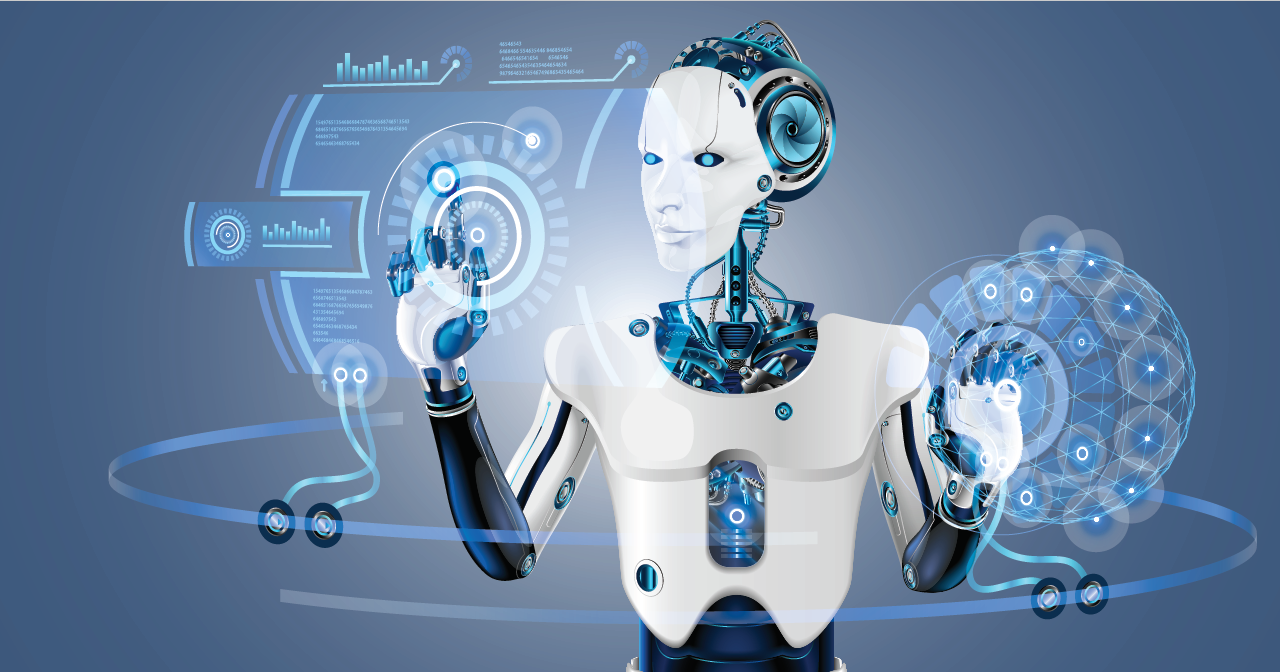In this age of technological innovation and progress that has seen changes in the way that industries function. Major players in various sectors have recognized the potential of robots and automation to improve efficiency, streamline processes, and achieve a competitive advantage in the marketplace. At the heart of this transformation lies the field of robotics, which encompasses the development, integration and installation of robotics solutions across a multitude of industries.
Understanding Robotics Applications
The field of robotics is science and engineering discipline that concentrates on the creation, construction as well as the operation and application of robots. A robot is a piece of equipment that can perform tasks on its own or under the assistance of a human. They are able to execute repetitive or intricate actions usually in conditions that pose danger or challenge for humans.

Robotics is more than just automation. It encompasses a vast variety of applications that are aimed at changing industries and improving our lives. From manufacturing and healthcare to entertainment and logistics robots are making their way into various fields, and presenting a myriad of innovative possibilities.
The Rise of Automation – A Paradigm Change
Automation, particularly robotic automation, is at the core of modern industrial revolution. The integration of automated systems into business has changed how they operate. This has improved processes and increased efficiency. Automation is the process of letting robots or machines to perform tasks with minimal or no human interaction, while using technology to improve speed, accuracy, and productivity.
Robotic automation refers to using robots for tasks that humans have historically performed. They can imitate human movements, making them an asset that can be used in a variety of sectors. Whether it’s assembling products in a factory or performing complex surgery in healthcare, robots have changed the way work is done.
Robotic Process Automation: A Revolutionary Efficiency
Robotic Process Automation (RPA) is one of the automation subsets is the use of robots to automate repetitive tasks, based on rules in business processes. RPA makes use of software robots, or “bots” to carry out routine operations. Human employees are able to concentrate on more challenging tasks.
The incorporation of RPA into business processes has been proven to be an exciting development, providing agility, precision, and cost-efficiency to various sectors. RPA has transformed workflows in several areas, ranging from the entry of data and billing, to customer service and HR.
Fanuc Robots – a new way to innovate industries
Fanuc is among the most prominent players in the field of robotics. This company is an expert in the development and integration of robots across a range of industries. Fanuc’s robots are well-known for their reliability, precision as well as their versatility. This makes them the most preferred choice for many areas.
Fanuc robots have the potential to transform industry operations. The robots were designed to increase productivity and throughput, while also maintaining high quality standards. Moreover, Fanuc’s innovative solutions are developed with an eye on increasing safety by eliminating employees from dangerous tasks.
Fanuc: the benefit in racing competitiveness
Fanuc robots provide industries with an edge in their market. Integration of Fanuc robots results in quicker return on investment (ROI) because of increased efficiency and productivity. Automating repetitive, labor-intensive tasks allows businesses to reallocate their employees to work that require a lot of creativity and problem-solving.
Fanuc robotized solutions can be tailored to the requirements of particular industries. The unique approach taken by Fanuc in the design and implementation of robots enables industries to adapt quickly to the changing demands of markets to stay ahead of competition, and achieve sustainable growth.
A glimpse of the Future
The robotics landscape as well as automation and technology is expected to change as technology advances. Future developments could include improved artificial intelligence, more efficient sensors, and a greater degree of interaction between robots, humans and other machines.
Final conclusion: the integration of robotics and automation such as Robotic Process Automation, Fanuc robots is revolutionizing industries. It is propelling them into the future. The efficiency that robotics bring is enabling businesses to succeed in a highly competitive market, but also pioneering new frontiers of innovative technology. We are at the start of a new age and the impact of robotics, automation and technological advancements will be evident well into the future.
